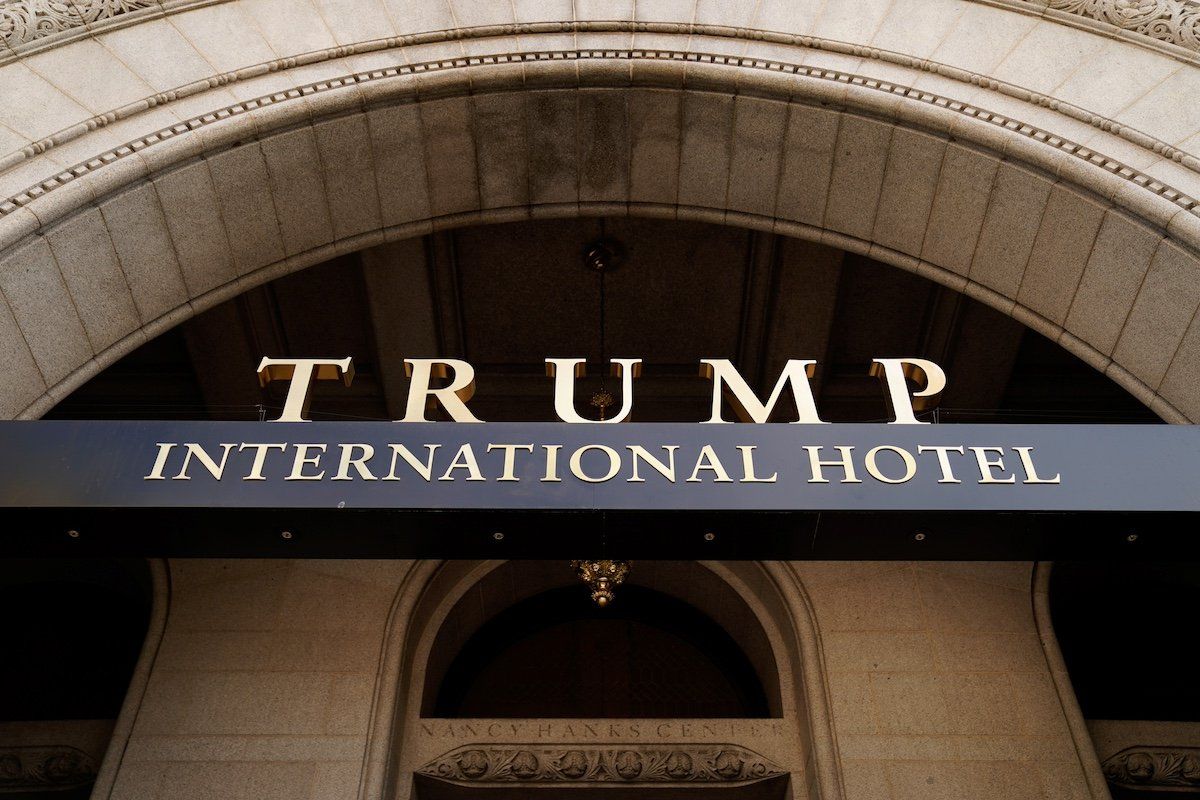The Constitution explicitly forbids a president from taking gifts or payments “of any kind whatever from any King, Prince, or foreign State” without permission from Congress – but it’s hard to see what Democrats in Congress might do to hold Trump accountable for allegedly breaking the law.
Using financial records from Trump’s former accountants, Congressional Democrats found evidence that the former president accepted at least $7.8 million during his time in office from foreign government entities who booked space at Trump properties. That represents just a fraction of the total probable sum, as Republicans halted efforts to force the accountants to fork over more documents when they regained control of Congress in 2022.
Some highlights from the report:
- $5,572,548 from China.
- $615,422 from Saudi Arabia.
- $465,744 from Qatar.
- $154,750 from Afghanistan.
- $25,171 from the Democratic Republic of Congo (That’s about 32 years’ worth of wages for the average Congolese, by the way).
So this is pretty clear-cut, right? Trump is accused of doing something the Constitution explicitly forbids. Surely, there will be some sort of formal consequence? Probably not, and don’t call me Shirley.
The Democrats’ report ends with pretty milquetoast calls for Congress to implement more stringent disclosure rules and formalize a process for presidential requests to keep gifts and payments from foreigners.
